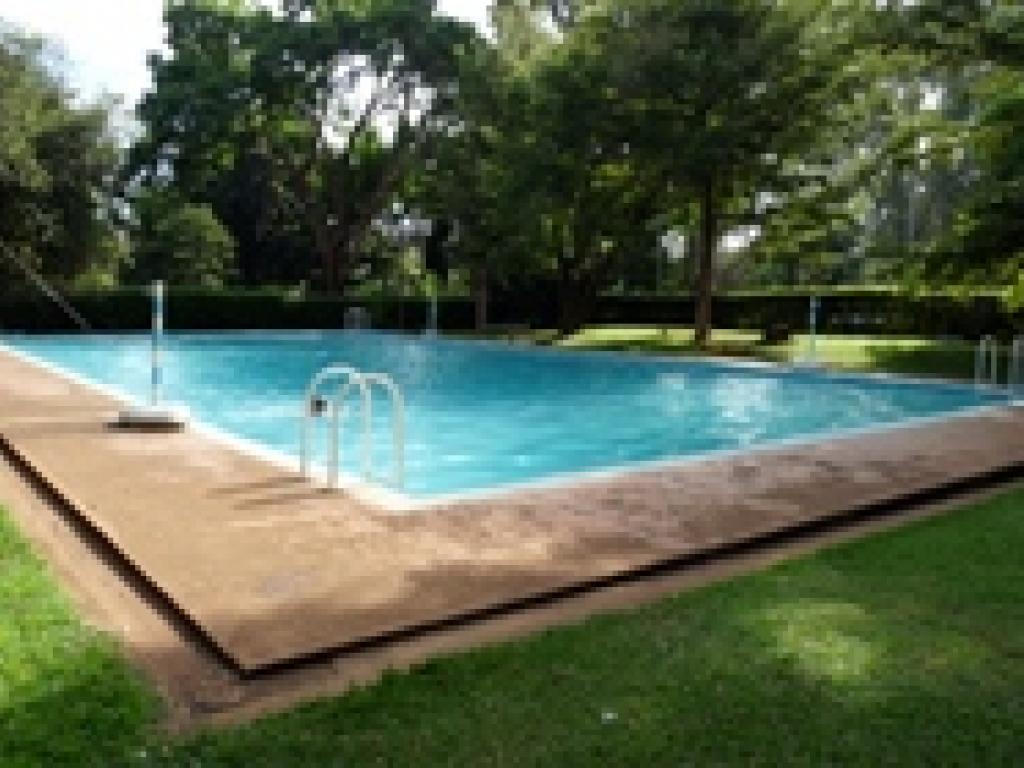Cape Town’s water crisis: Can suburbia save the day?

27 September 2017 | Story Ambre Nicolson. Photo Wikimedia Commons.

Do you live in one of Cape Town’s green and leafy suburbs? Then you have the power to make a difference to Cape Town’s current water crisis, says Professor Neil Armitage, director of the Urban Water Management research unit and deputy director of the Future Water research institute at UCT. Here’s why statements like, “But what about big business?” or “Isn’t a lot of water wasted in informal settlements?” just don’t hold much water.
Six reservoirs
This is the number of reservoirs from which Cape Town gets the approximately 300 million cubic metres of water the city uses each year. This represents around 60% of the total amount of water stored in these reservoirs. A further 30% is used by agriculture, and the rest by neighbouring municipalities.
While it is true that water could theoretically be diverted from agriculture to the city, it would come at enormous economic cost since the Western Cape accounts for 21% of South Africa’s agricultural output and, even more importantly, given its economic contribution, 45% of the country’s agricultural exports. Less water means fewer apples and grapes and less wine, so it’s not hard to see why this scenario needs to be avoided.
Yes, the suburbanites say, but the government should have seen this drought coming and done more to ensure a stable supply of water to such a fast-growing city.
1999 levels
“That is true,” says Armitage, “there should have been more investment in infrastructure before now but you should also be aware that the City of Cape Town has managed to keep water demand to 1999 levels. This is a huge success story considering Cape Town’s population has grown by more than 50% in the intervening 18 years.”
City water engineers have managed this feat by making the whole water system that the city uses more efficient.
“While commendable, it is also for this reason that when the drought came there was not a lot of fat in the system left to work on,” says Armitage.
Yes, the suburbanites say, but isn’t a lot of water wasted through leaks and broken pipes?
Only 15%
According to Armitage, Cape Town’s water systems loses 15% through leaks and unaccounted-for demands. If this sounds like a lot, Armitage claims otherwise: “A 15% loss of water through leaks is in fact world class. If you look at the national average, it’s sitting somewhere around 36%,” he says.
Fine, the suburbanites say, but there is a lot of water wastage in Cape Town’s informal settlements, right?
Just 4.7%
No. Cape Town’s informal settlements use only 4.7% of the water consumed in the metropolitan area.
The remaining 66%
And before you try to point to business, they’re not the culprit either.
Of all the metered water (which excludes leakage) used by Cape Town over the course of a ‘normal’ year, 4.7% is used by informal settlements; 15% is used by retail, offices and manufacturing; 7.7% is used by government and government facilities; and 6.2% is classified as “other” uses.
That means the remaining 66%, ie two-thirds, is used by formal residential areas. If you live in a house, especially if that house has a garden or a pool, that means you.
“If we want to manage this water crisis wisely, we are going to have to make the change ourselves and just use less water.”
“By far the most water – 55.5% in 2015/16 – is used by the residents of Cape Town’s leafy suburbia – a lot of which goes into keeping the gardens looking good, filling swimming pools, etc,” says Armitage.
“Of course we must look at all possible sources of supplying water in the future, including storm-water harvesting, desalination and water treatment. But those large infrastructure projects will take years to complete, so in the short-term, if we want to manage this water crisis wisely, we are going to have to make the change ourselves and just use less water.”